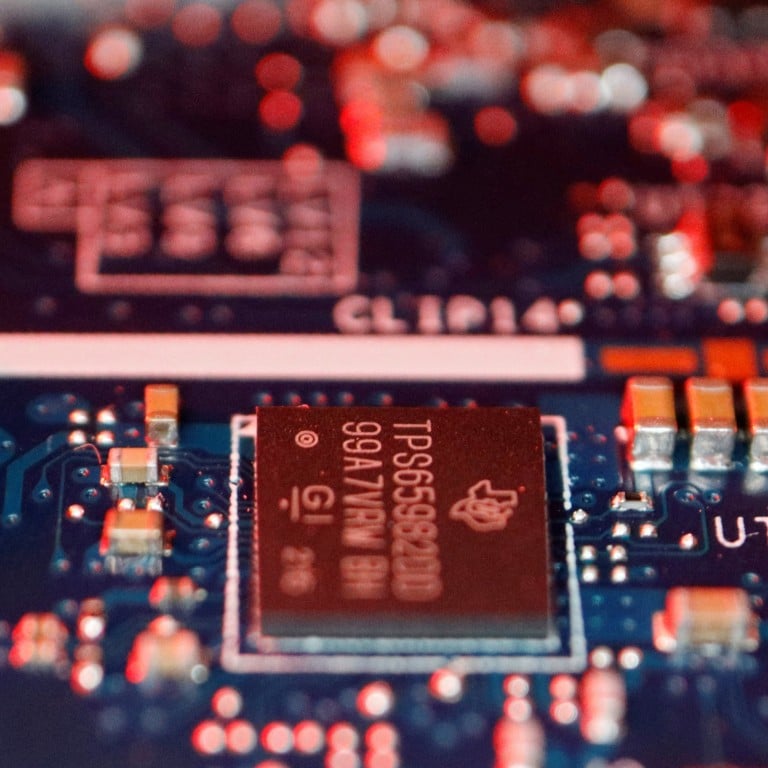
Senators propose plan to stem flow of US tech to adversaries
- The legislation aims to boost efforts to stop the shipment of US chips, AI and quantum tech to countries like China, Russia, Iran and North Korea
- The US has turned to sanctions and export controls to keep sensitive tech out of the wrong hands, but the practice has turned into a game of whack-a-mole
A bipartisan pair of US senators have introduced a bill aimed at better enforcing export controls that so far have failed to stem the flow of sensitive technology to foreign adversaries.
The plan, from Senators Mitt Romney and Maggie Hassan, would create a centre to coordinate efforts to stop the shipment of US semiconductors, artificial intelligence and quantum technology to countries such as China, Russia, Iran and North Korea.
The legislation would seek to fund the centre with US$25 million in financial year 2025.
The US has turned to economic tools such as sanctions and export controls to keep US technology out of the hands of its enemies, especially after Russia launched its full-scale invasion of Ukraine more than two years ago.
The practice has had turned into a game of whack-a-mole and officials have struggled to enforce the limits.
“We must prevent our adversaries from acquiring and misusing American-developed technology,” Hassan, a Democrat from New Hampshire, said in a statement.
US, TSMC strike US$11 billion deal to build ‘most advanced semiconductor chips’
“This bipartisan legislation will strengthen export controls by boosting resources for the detection, investigation, and prevention of potential export violations.”
The legislation would make sure the new centre has the resources it needs to “lead export controls enforcement and coordination efforts”, Romney said.
The bill would also require a study to see if more US law enforcement officers focused on export controls should be posted abroad.

